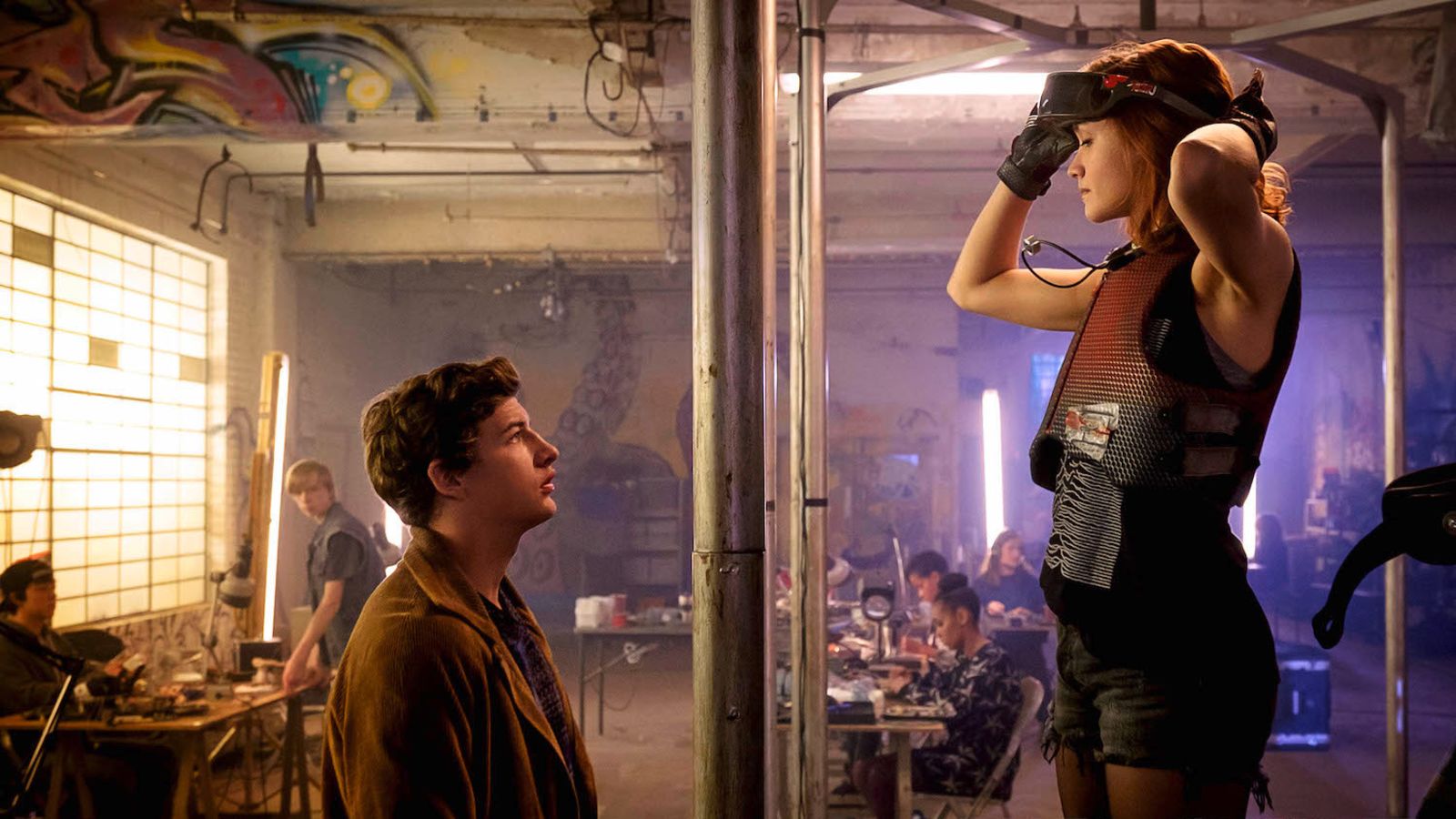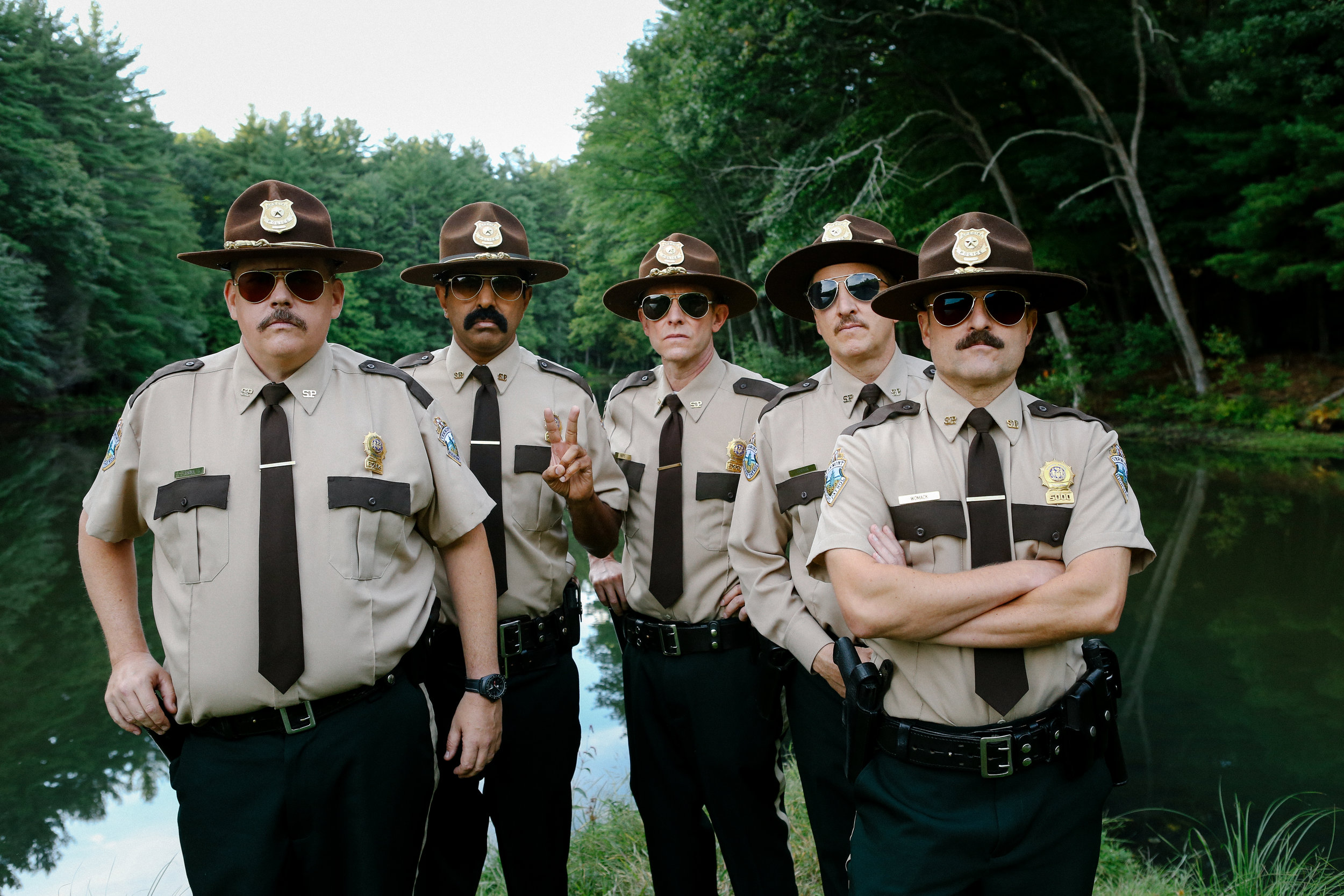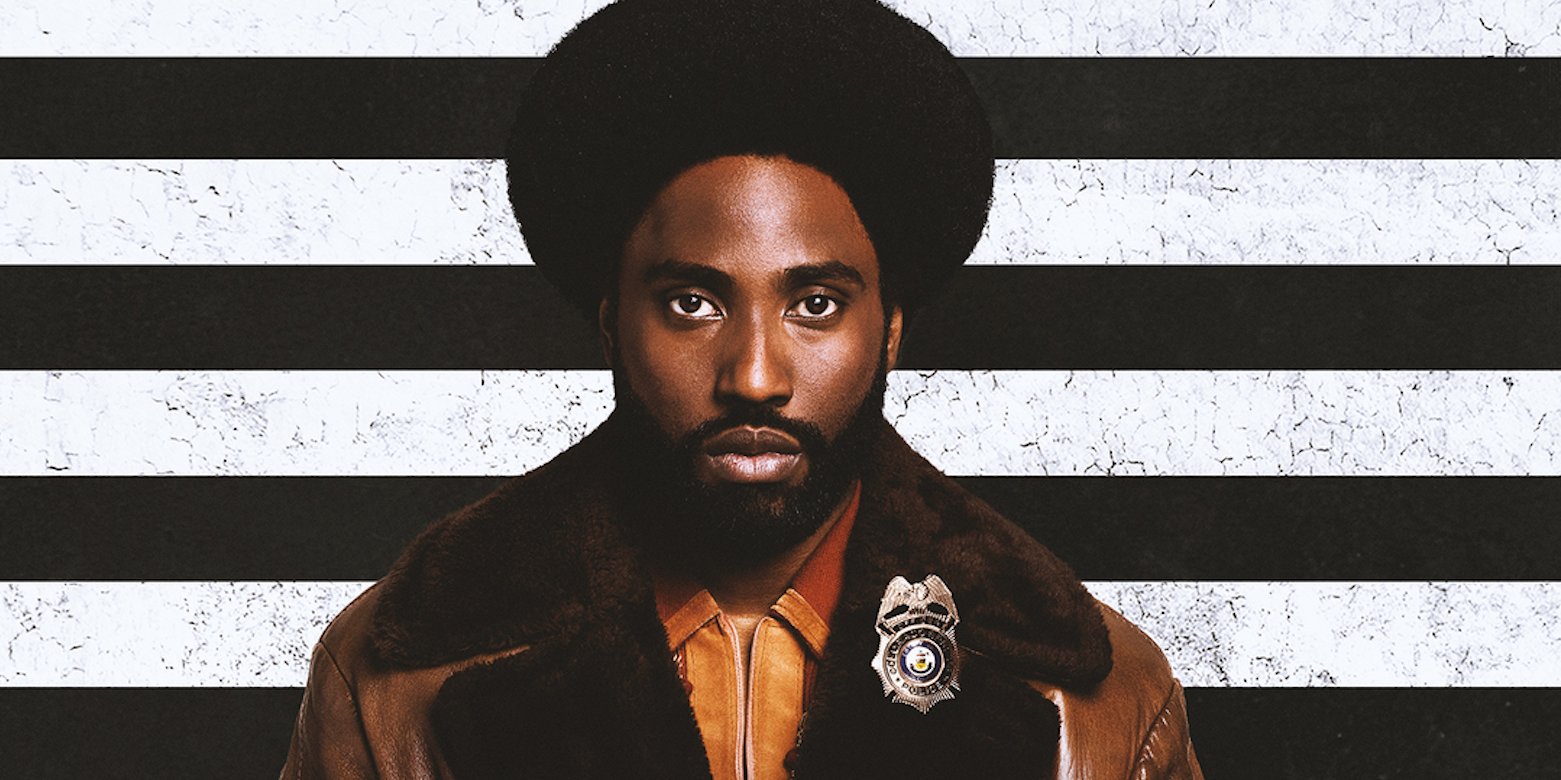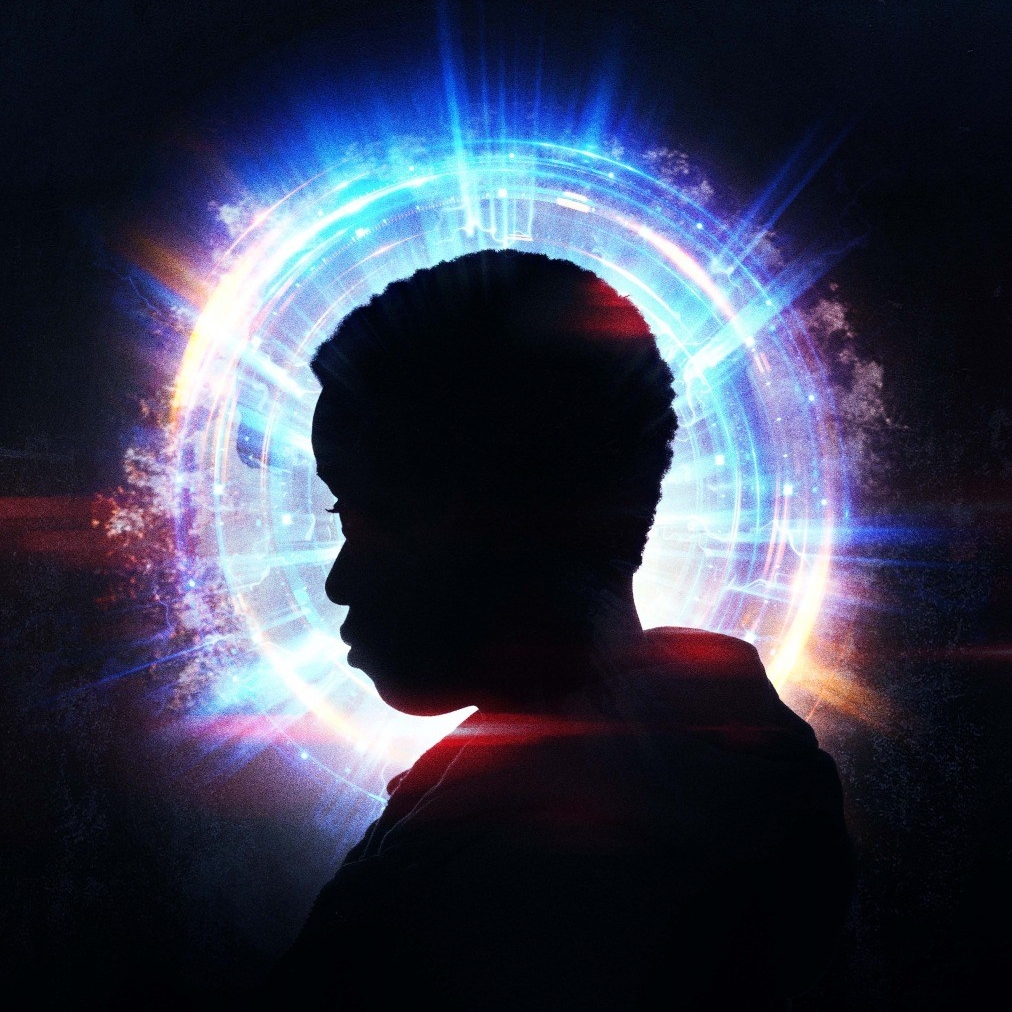'Ready Player One' Tops The Leaderboard

Science Fiction author Ernest Cline’s love letter to 80s pop culture tells the story of a young nostalgia-obsessed hipster by the name of Wade Watts, who finds himself on a “Willy Wonka and the Chocolate Factory” style adventure to uncover an Easter Egg hidden within the cyberspace depths of the online video game, “The Oasis,” granting its discoverer total control over the game.
Unfortunately for Wade, “The Oasis” is not so much a game but a way of life in a dystopian world of societies actively seeking to ignore their problems rather than deal with him, so his competitors in this quest happen to be political and financial superpowers.
While the novel is filled with the potential to address issues such as the detachment from reality of an internet-obsessed society, the effects of obsessing with the past on our ability to move forward with the future, and the potential dangers of total freedom and anonymity that the internet provides, it opts to ignore this in favor of being a cynical, self indulgent, ego stroking of the properties, people, and trends of culture that defined a decade that is in desperate need of retirement from a culture toxically obsessed with nostalgia.
Photos courtesy of Warner Bros. Pictures
Although its film adaptation unfortunately fails to actualize on that potential with a cautionary science fiction tale depicting the relatable tragic consequences of a world forgetting the importance of cultivating human relationships, “Ready Player One” does manage to fortunately succeed in being a fun and inclusive love letter to geek culture through the lens of the best aspects of gaming that feels infectious and sincere in its reverence despite its unevenness.
As is to be expected, Steven Spielberg brings his A-game to a movie that may not have the appeal its studios are after, nor the same level of effective craftsmanship as his own blockbuster classics, but it at least knows exactly the type of thrill ride it wants to be to make its two hour runtime fly by. While all of the actors turn in solid performances, despite their underwritten characters and the underdeveloped future that they inhabit, the true draw of the film is “The Oasis.”
The setting is simultaneously disgusting in its splendorous overindulgence in the creative excess of those seeking escapism yet so flashy and alluring that you almost hate yourself for wishing that it was real half way through the film, and when it is placed front and center, “Ready Player One” never ceases to be an absolute blast.
After nearly nodding off to sleep following a roughly seven minute exposition dump regarding Wade’s awful surroundings and why people would rather live entirely virtually than stomach the troubles of everyday life, I was kickstarted awake by the start of a race for the first key to the Easter Egg so rich in visual detail and carnage that it would have been a riot and a half to watch even if it weren’t also virtual and composed of dozens of characters and vehicles from various fictional licenses, utilizing other fictional characters as course obstacles.
This is to say nothing of the climax of the movie, which is so overloading and worth the price of admission alone that I almost bought two more tickets on the way out of the auditorium just to be able to catalogue how many fictional combatants and hidden details that I missed; a number that could easily tally up into the hundreds.
“Ready Player One” is perhaps the most popcorn that a film could possibly be, fittingly delivered by the man that played a hand in creating the modern blockbuster film as we know it. Despite lacking in substance, the sheer levels of apparent joy and passion that the filmmakers clearly had in assembling the movie while being unafraid to remind its audience to be able to step away from it for a spell beats the pants off of the majority of its typically more lavish summer contemporaries.
4 out of 5
Graduating from Texas A&M University—Commerce with a bachelor's degree in News and Editorial Journalism, Jordan Wright has lived most of his adult life professionally critiquing films, from major blockbusters to indie dramas, and has no intentions of stopping.







